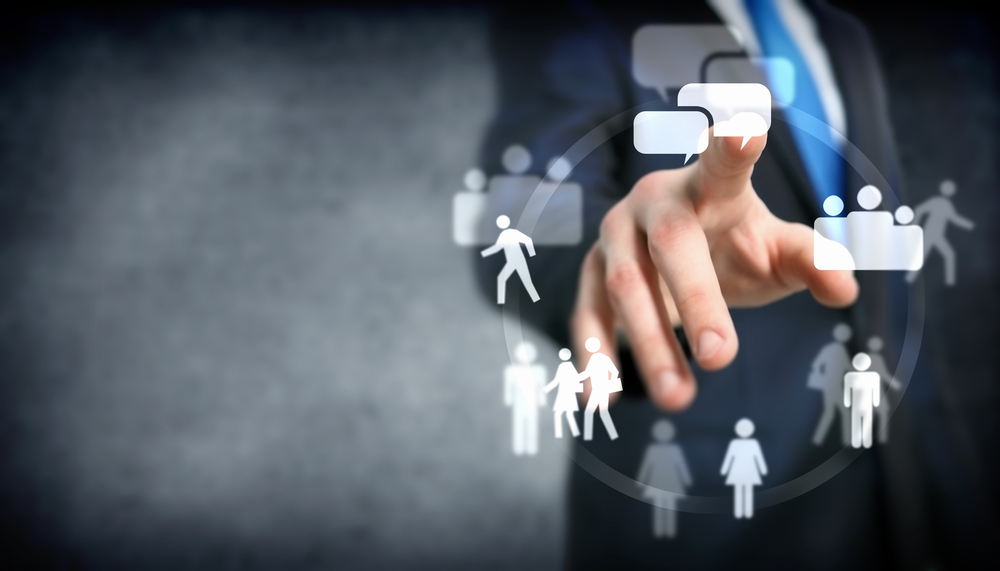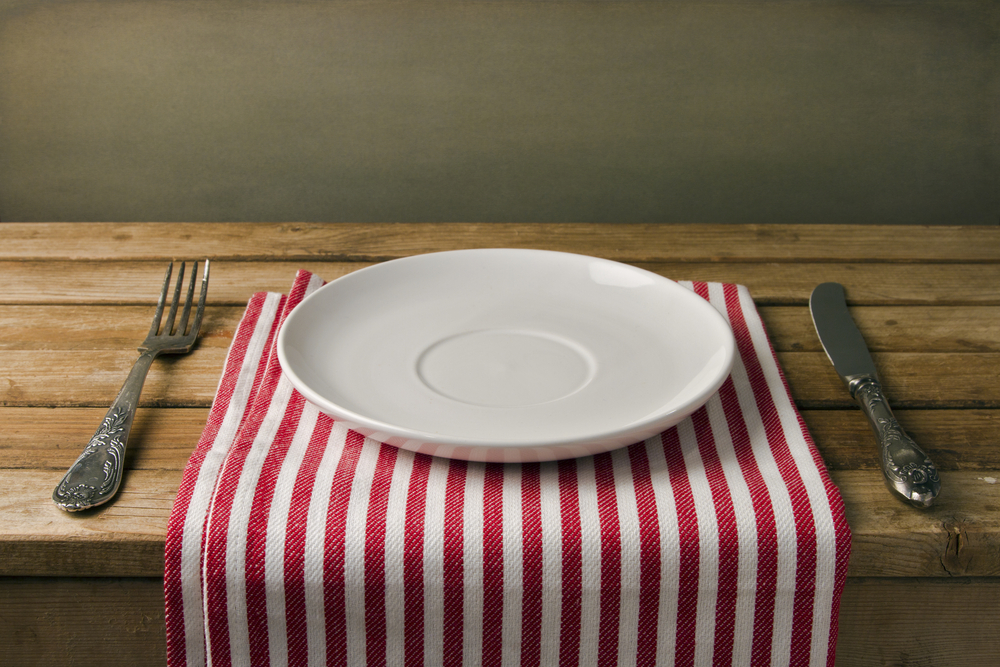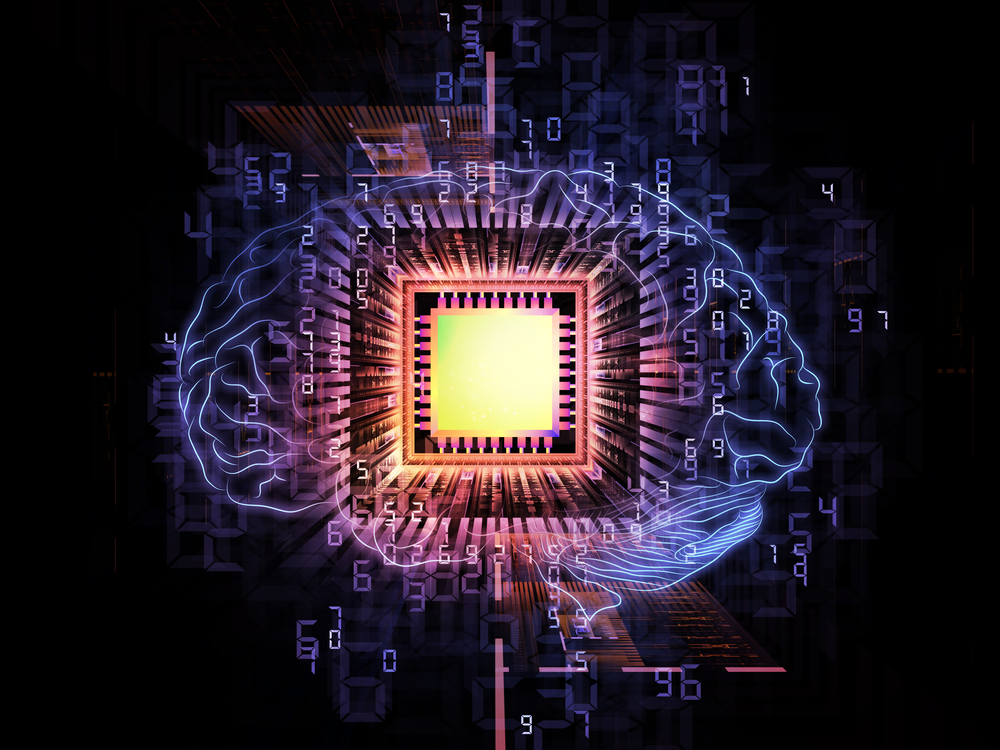Orion Jones
Managing Editor
Get smarter, faster, for success in the knowledge economy. Like us on https://t.co/6ZFWKpoKLi or visit https://t.co/d7r7dG2XOq
In general, we all understand that practice improves our ability to play the viola, hit a golf ball, prepare tasty meals, etc. But how does practice work on the brain such that we get better at something just by repeating it?
Researchers in New Zealand have found that people whose diets are rich in fruits and vegetables experience frequent sensations of purpose, engagement, curiosity, and creativity.
Thanks to advantages in facial recognition technology and natural language analysis, virtual therapists can “understand” humans better than ever before.
While previous studies have found that people who overshare personal information on social media have a stronger need to belong to a group, the same doesn’t appear true of those who share about their relationship.
From what we know about the limits of human cognition, we appear ill-suited to sift through the thousands, if not millions, of potential dates waiting for us out there.
In the early days of social media, idealists dreamed of a digital market place for ideas, the kind that might help rejuvenate a democracy too often given over to distractions.
Those who came of age during the digital revolution are now in positions of leadership, working to create a corporate culture that responds to needs of customers, clients, and employees.
While many kinds of genetically modified foods contain genes from foreign species, such as tomatoes that carry salmon genes, a new kind of genetic process called genetic editing would not require such blending.
Mothers are grateful for the opportunity to be in an adult context and to reclaim their identity that is not limited to motherly responsibilities: feeding, cleaning, and clothing someone who can’t take care of themselves.
How close to you sleep to your mobile phone? Is it connected to a charger on your nightstand or do you have a pillow for it right next to yours?
One doesn’t need to look for too long on, ahem, the Internet to learn that the Internet is stealing your attention, your memory, and your life. But this fear misunderstands how we have historically integrated technology into the fabric of society.
Statesmen and philosophers have grappled with the question of what it means to live a good life for millennia. The question of what it means to be a good company is certainly newer but perhaps no easier to answer.
The practice of medicine in America has become an industry, meaning more specialists, more prescriptions, and more new professions in the field.
Different times of the day are more productive than others, but which times those are varies from person to person.
By actively interrogating our own desires, we can mediate our basic wants (and fears) by compensating for our psychological blind spots with practical insight.
The opportunity to get away from it all was even enshrined in the Wilderness Act of 1964, which defines wilderness as a place that “has outstanding opportunities for solitude.”
Interestingly, what we know about human psychology may make Watson as valuable an asset in the room as its ability to perform natural language analysis and complex mathematical calculations.
When levels of prosperity in a given country increase, women are more likely to benefit from improvements to education institutions. Any cognitive differences between men and women are not solely inherited.
Rather than fill our emotional needs when the world has temporarily exhausted us, might food be able to sustain us in a more substantial way such that we don’t only try to fill the voids in our life?
Research has uncovered that creative answers are best found in 30-50 minutes of concentration. Conversely, 30-50 minutes of relaxation can provide that unexpected piece of insight.
The app is the TurboTax of the Supplemental Assistance Nutrition Program, asking users application questions in a more familiar language than the legalese of official documents.
What would it take for Americans to work a lot less? Our seemingly relentless drive to work may have been justified when society had far less capital and more rudimentary technology.
NASA expects a manned mission to Mars to take place in the 2030s but before that happens, researchers are hard at work to find a better meal plan for astronauts.
Perhaps our energies are better spent on trying to live better rather than trying to live longer.
When Dr. Kim Williams, the president-elect of the American College of Cardiology, recently wrote an essay encouraging doctors to recommend plant-based diets to their patients, shouts of praise and condemnation erupted form opposing camps.
Some kinds of information can be easily deduced from metrics recorded by your home thermostat including what times of day your home is empty and during which hours you are typically asleep.
IBM has created a computer chip that mimics the functioning of the human brain, opening wider the possibility for a vast Internet of Things.
Researchers at the University of Washington have devised a way for battery-free devices to skim a connective link from errant WiFi signals, potentially increasing the reach of the Internet of Things to include just about any thing.
It’s how the big kids use the Internet of things that can really affect global trends like machine efficiency standards, corporate profits, and the advance of computer technology.
A new tracker is linked with a mobile app that can keep parents up to date with a simple visual description of how baby is getting on with the baby sitter (probably just fine, so go on and enjoy the evening).





























